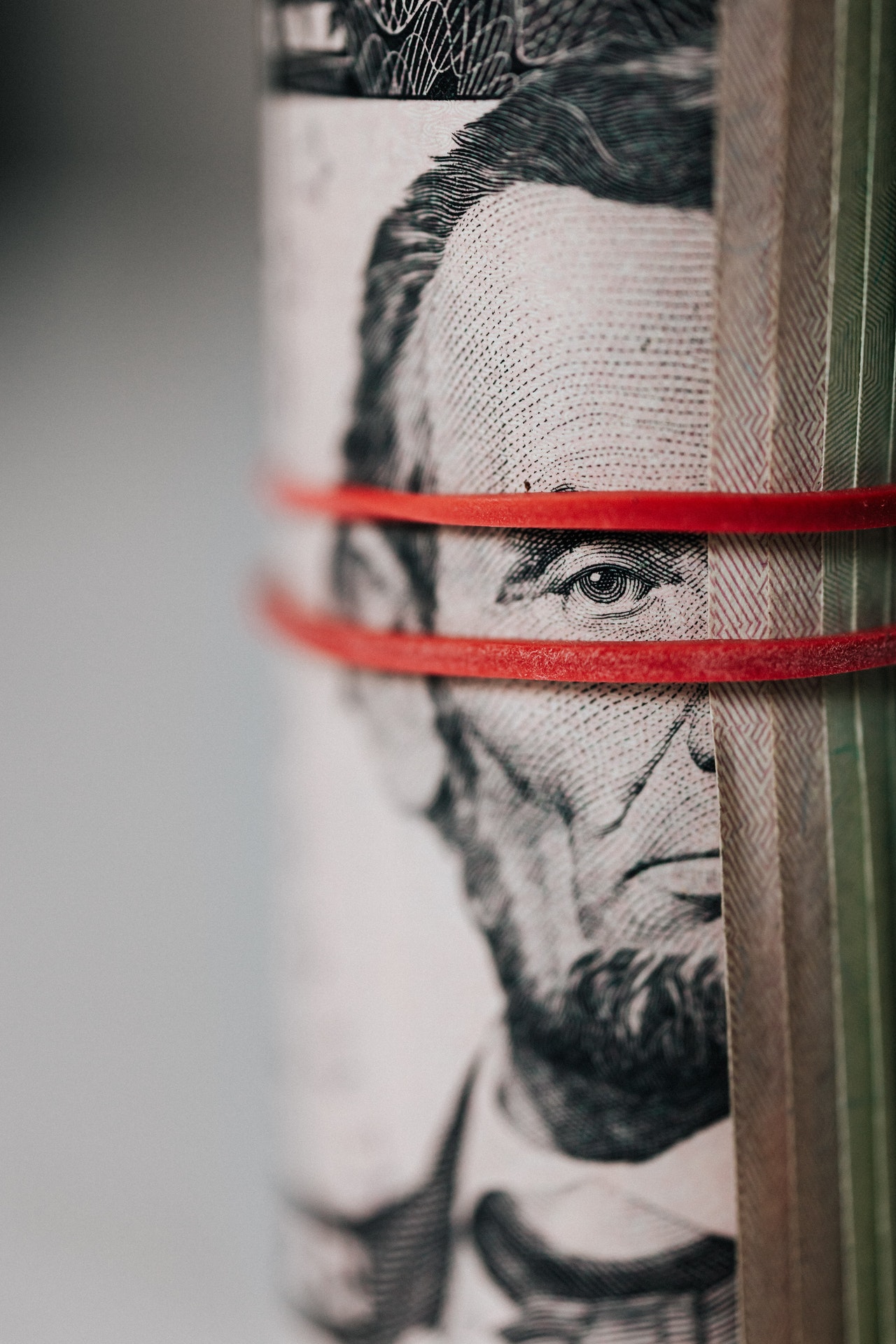What does it mean to live with intention?
Living with intention is a concept that we should all be aiming to achieve. Simply put, it is ensuring that your choices line with up your values. It means taking control and ownership over your life in order to improve the quality of your experiences.
At some point, most of us have felt like we were stuck. Maybe we had an eight-to-five job that wasn’t rewarding or felt as though upward mobility was just not possible. Maybe we didn’t have time to spend on things we enjoy. The reality is our children, our spouses, and our families rely on us to provide stability and security. This can cause us to make sacrifices for the “better good”.
There was a time (not so long ago) when I felt trapped in my career. Social work was a field that I had always deeply loved. However, I felt as though I was often working at the expense of my family. I wasn’t happy and constantly felt like a failure. I wanted to be able to juggle everything but with so many areas of my life demanding my attention I wasn’t able to give my fullest to anything.
When my health started to burn out, I was left facing a crossroads. Do I continue on the same path hoping that, eventually, my job duties would lessen? Or, do I start looking elsewhere for fulfillment and make strides to improve the quality of my life?
How do I live with intention?
Living intentionally starts with being more self-aware. You need to make it a point to prioritize the things that are important to you. This means you need to learn to make decisions based on several key areas.
It’s time to take a good, hard, look at your life. What brings you stress? What brings you enjoyment? What do you put before anything? What is driving your decision-making? What can you control?
Determining Your Hierarchy of Importance
Living with intention is easier when you rank what has value you in your life. I call this the hierarchy of importance.It can be any number of things, but I try to encompass four main areas.
- What is most important to me?
This will be different for everyone but, whatever you determine is most important to you, is non-negotiable. If anything is infringing on this, it is time to re-assess how you are living.
The most important thing to me is my family. They will ALWAYS come first. So, when my job starting to encroach on the time I had available to 1. Spend with my family and 2. Contribute to our health, I had to consider what my next step would be.
We had been moving towards creating a homestead for a while, but leaving my job was the first big push. With my time no longer limited, I could focus on tending to a garden, cooking, and invest in raising our own livestock.
2. What is of secondary importance?

Money, while necessary, is not something I rank as the most important thing in my life. I place very little value in it. However, there is no debating that money is essential to survival. We require money for our utilities, our feed costs, our mortgage, gas, groceries… we are able to produce a lot of what we require but we are nowhere near being completely sustainable.
Part of this issue took care of itself when I left my job. Without my paycheck, we were moved to a lower income bracket which reduced our insurance by almost $700. We also made sure that our cars were paid off before I put in my resignation. Our only outstanding debt was our house.
Money is only of any importance because my family needs it to ensure that they have a decent quality of life. When money is tight, I am able to do PRN work to help pay some of our bills. While we may need an income, it will never take the spot my family holds in the hierarchy of importance.
3. What can be delayed and revisited?
There are things that are important to me that I can be flexible with. Knowing how serious burnout can be, I think self-care should be a significant area that everyone should work on. However, life happens and duties call. If I don’t have room in my schedule to do it one day, I am comfortable with moving something like this to the next.
Self-care isn’t something that can be taken altogether off of my to-do list. It is an adaptable area that can be postponed if something else needs to take priority.
4. What has no value in my life?
I put no value in having the latest technology, owning the newest car, or having a bigger house. I would rather make do with what I have and invest in areas that can benefit my community and my family.
Many people value their careers and, a few years ago, that was something that was high on my hierarchy of importance. There are different life events, such as having a child, that makes you look at your list and start re-arranging. Putting high importance on your career is neither right nor wrong. It simply has to do with where you are at in your life.
Your hierarchy of importance should be evaluated on a consistent basis. It should be considered a living document; as your life changes, so should your list.
What changes can I make to align with my value system?
You obviously don’t have to quit your job to start living with intention. In fact, this is probably only applicable in the most extreme circumstances. Living with intention can be as simple as making small changes that support your values.
Being sustainable and relying less on outside systems is high on our list. We place value on being healthy as well as taking care of ourselves in the most natural way possible. Some easy things we looked at changing was creating our own compost, cultivating our own groceries, and collecting some of the water needed for our garden.
The time it takes to make these changes can be fairly large. But once these changes are in place and you are in the habit of practicing them, it turns into a habit. What can be difficult to begin with becomes second nature. We have never once regrated making a change that aligns with our values.
Am I okay with the trade-offs?
There are of course, sacrifices. We will never be rich. We will never be able to afford or buy whatever we want on a whim. The trade-off of losing one income was restricting our spending.
To begin with, we had some growing pains. We were not used to budgeting. What looked good on paper was harder to stick to in actual practice. But we made it a point to push through and continued to look for changes we could make to be successful.

A notable example is cooking. Two years ago, I was a horrible cook. I felt as though, with my job, there already was not enough time in the day. The last thing I wanted to do was spend time on something I really didn’t get much pleasure out of. I would rather order carry-out and be done with it.
Well, carry-out doesn’t work with our budget anymore. Cooking does. And while, some days, cooking is the last thing I want to do, it is worth it to be able to spend more time with my family.
The act of living with intention
We are all faced with choices in life. Nothing is predetermined. Living with intention encompasses the idea that what we choose consciously lines up with our values. We have to be mindful of our footprint and strive to improve the quality of our practices.
I truly believe that living with intention is something that most people innately crave to do. It can be as hard or as easy as you make it. Once you have determined your hierarchy of importance it is time to take control and ownership over your life.
0



Unbelievably alluring knowledge you have stated, thanks a lot for writing. Sidonnie Jase Litha